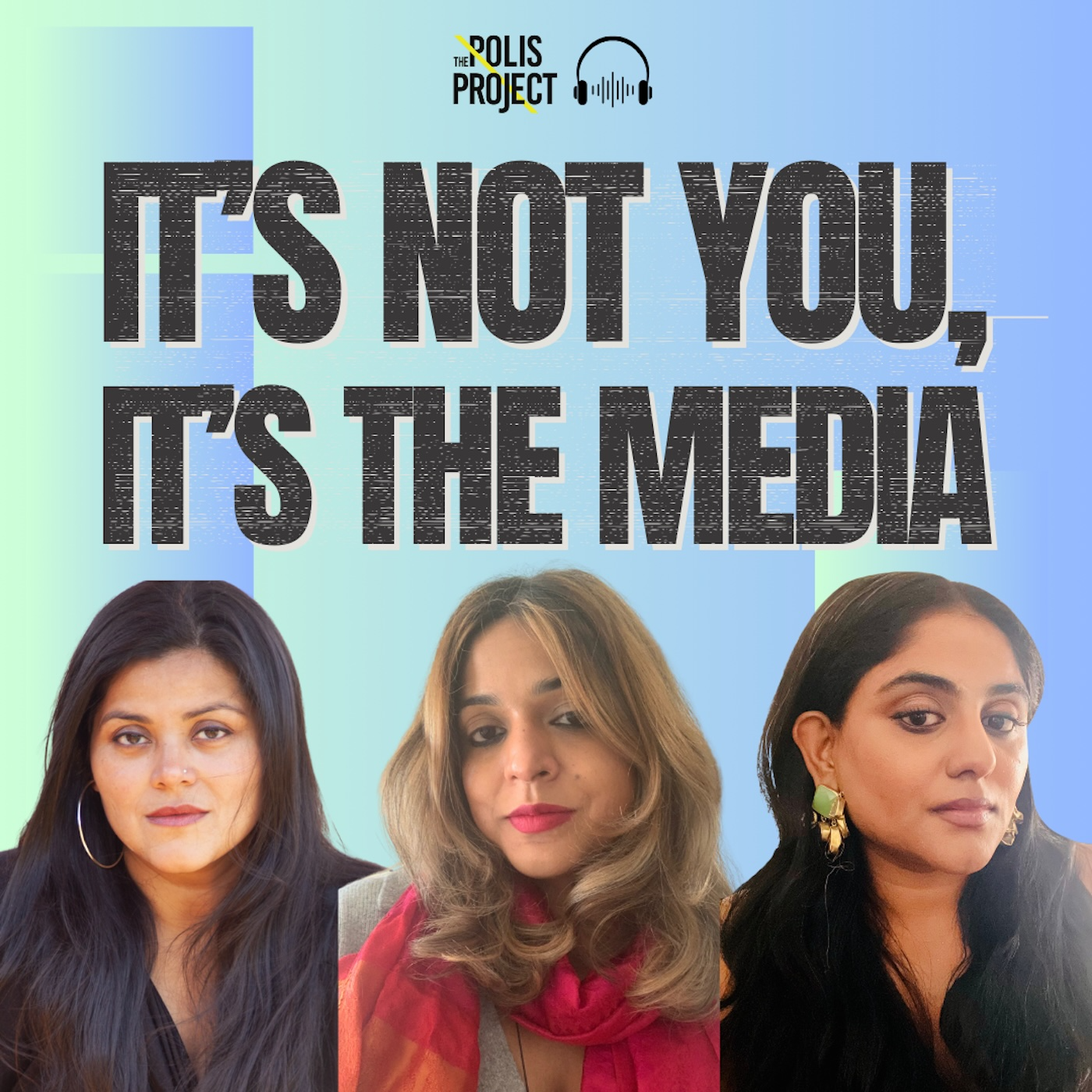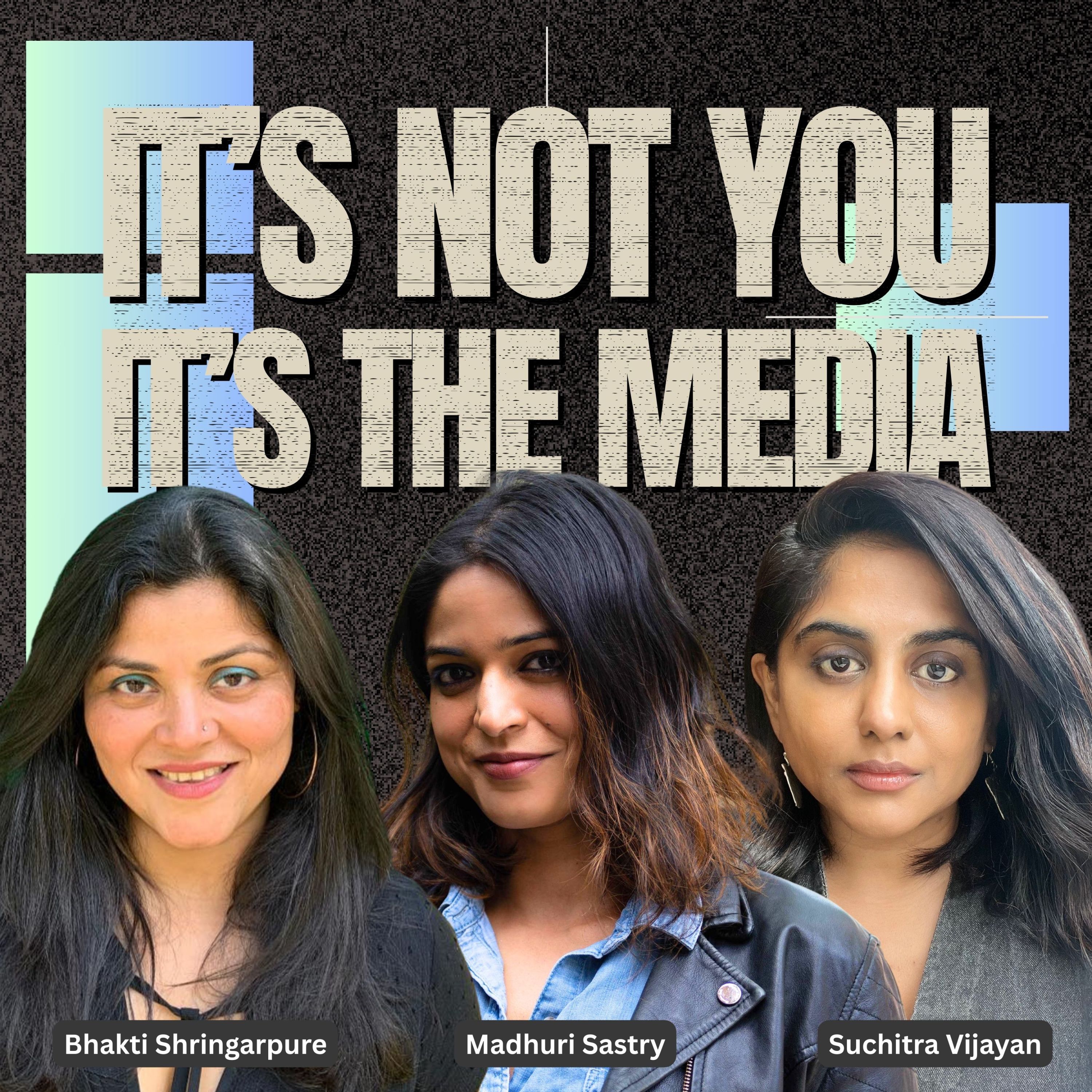If Op-Eds Could Kill
The hosts turn their lens on the insidious, galvanizing power of the opinion column. The hosts dissect how elite liberal media platforms like The New York Times, The Washington Post, The Atlantic, and The Wall Street Journal have weaponized their op-ed pages to manufacture consent, launder imperialist narratives, and maintain the myth of expert credibility.
The episode charts how op-ed writers and columnists such as Thomas Friedman, Nicholas Kristof, Maureen Dowd, and Paul Krugman have not only shaped public perspectives on issues but have actively steered foreign policy — often disastrously — through deeply polemical and emotionally manipulative writing. The hosts spotlight how newspapers use these columns as smokescreens, publishing “respectable” pieces by establishment figures while relegating critical or anti-imperialist perspectives to the realm of “guest opinions,” stripped of journalistic weight.
They also dive into the complicity of non-white writers like Sadanand Dhume and Tunku Varadarajan, whose op-eds in economic and financial outlets weaponize histories of trauma to justify genocidal rhetoric, as in Dhume’s piece asking why Palestinians can’t just be “relocated” like Indians and Pakistanis were during the Partition. The hosts ask: why are these men handed megaphones and deemed a “credible” voice?
From Hillary Clinton’s recent smug opinion on the Signal leaks to the op-ed that told poor Americans to skip breakfast, the episode lays bare the contempt these media giants have for the public they pretend to inform. The trio also revisit the coverage of Afghanistan, the Iraq War build-up, Gaza today, and the selective use of the word “genocide”. The episode ends on a sobering note: the war is not just “over there.” State repression, censorship, and violence against protesters in the US are proof — the war has come home.
Key Takeaways
- Op-eds can sway readers on big issues, manufacture consent, frame acceptable narratives, and create the illusion of balance while entrenching imperialist, elitist agendas.
- Liberal media launders its image by selectively platforming marginalised voices in the opinion section — never the news desk — framing truth as just “another perspective.”
- Figures like Thomas Friedman and Nicholas Kristof have consistently failed upward, steering disastrous foreign policy while being proven wrong repeatedly — and are still being treated as experts.
- Opinion columns from non-white writers can be used to give genocidal narratives a multicultural gloss, legitimizing apartheid and war crimes.
Keywords
Opinion, journalism, New York Times, liberal hypocrisy, Thomas Friedman, Nicholas Kristof, Maureen Dowd, Sadanand Dhume, Tunku Varadarajan, op-eds and war, Palestine, Gaza genocide, American imperialism, gaslighting, Hillary Clinton, Wall Street Journal, expertise, censorship, NYT guest opinion, disinformation in media.
A podcast by The Polis Project www.thepolisproject.com

